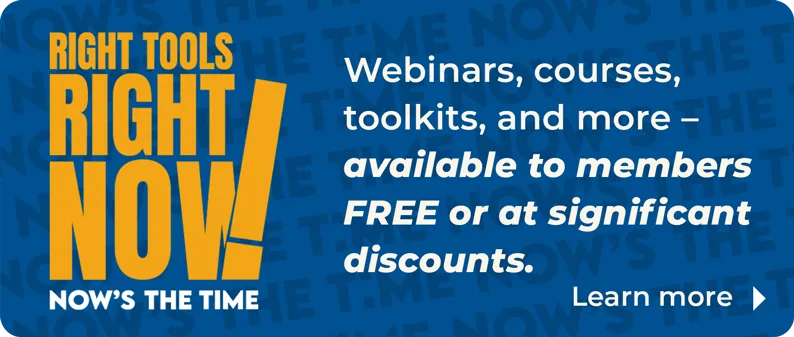- The E-Myth Revisited: Why Most Small Businesses Don't Work and What to Do About It, by Michael E. Gerber
- Matthew Rathbun’s web site: matthewrathbun.com
- Matthew on LinkedIn
- Matthew on Twitter
- Matthew on Facebook
- Web site: TheAgentTrainer.com
- Center for REALTOR® Development
- Live Designation Classes — Training4RE.com
- Certified Residential Specialist live and online classes
- Certified Real Estate Team Specialist certification
Advertisement








